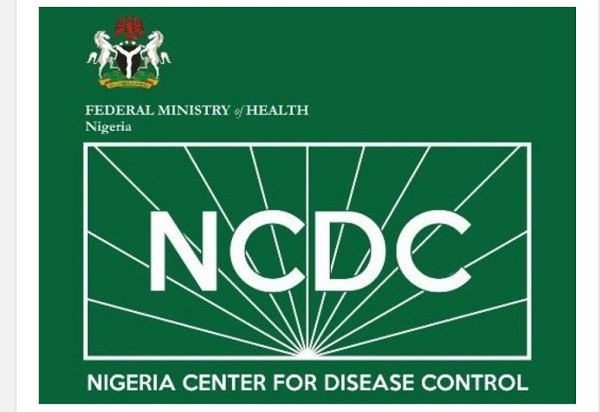
The Nigeria Centre for Disease Control (NCDC), has expressed dismay at the description of Nigeria as a ‘cholera endemic’ in the African continent.
The director-general, NCDC, Dr. Ifedayo Adetifa said this at the review of the National Strategic Plan of Action on Cholera Control (NSPACC), today (June 15, 2022) in Abuja.
Science Nigeria reports that the NSPACC and the 2022 work-plan is organised by the NCDC, in collaboration with the International Federation of the Red Cross and Red Crescent.
Adetifa said that it was of concern that the heart of Africa and its most populous nation, with over 200 million people and the largest economy on the continent, can be so described.
“While many countries have since eliminated cholera, an infectious disease transmitted through poor environmental and personal hygiene, Nigeria remains one of the countries where it is endemic.
“With as many advances as there are in health and technology, Nigeria still has a long way to go as we experience cholera outbreaks annually.
“Ongoing cholera outbreaks show that resources, whether actual or perceived, are insufficient in keeping this disease at bay.
“While funding is crucial, it especially requires our political leaders’ commitment.
“It takes states knowing their outbreak and ensuring a state-specific response to address issues like safe water infrastructure.
“While all of this is easy to say theoretically, I know we are all aware that improving water and environmental safety to eliminate cholera is not an overnight task.
“However, mobilised funding, efforts and collaborations have become more visible with national cholera plans.
“These efforts must be monitored and evaluated, which is why we are here today.
“In 2018, the National Strategic Plan of Action for Cholera Control was developed with intervention areas from leadership and coordination to social mobilisation and OCV interventions.
“Today, four years later, with several devastating cholera outbreaks in between, the mission and vision remain and the ambition to reduce cholera outbreaks. Today, we meet to review this strategic plan to further this ambition,” he said.
In his remarks, the World Health Organisation’s cholera and incident manager, Prof. Adebola Olayinka, said that the long-term solution for cholera control lies in economic development and universal access to safe drinking water and adequate sanitation.
Olayinka said that actions targeting environmental conditions included the implementation of adapted long-term sustainable WASH solutions to ensure the use of safe water, basic sanitation and good hygiene practices in cholera hotspots.
“In addition to cholera, such interventions prevent a wide range of other water-borne illnesses, as well as contribute to achieving goals related to poverty, malnutrition and education.
“The WASH solutions for cholera are aligned with those of the Sustainable Development Goals (SDG 6),” she said.
Earlier, the country support platform (CSP), country support manager-delegate, International Federation of Red Cross and Red Crescent Societies (IFRC), Mr. Abel Augustino, said that the Global Task Force on Cholera Control (GTFCC), was a network of governmental and non-governmental organizations.
“It includes UN agencies and scientific partner institutions that help coordinate activities for cholera control.
“It operates via its in-country support mechanism, the CSP which is hosted by the IFRC and provides direct country-level support in priority geographies.
“It gathers organisations working across different sectors through a platform to support countries in the implementation of the GTFCC’s Ending Cholera by 2030 Global Roadmap.
“It is a shared global strategy to achieve 90 per cent reduction in cholera deaths and cholera elimination in 20 countries by 2030,” he said.
He said that the objective of the CSP, Nigeria resource mobilisation strategy, is to secure sustainable resources for all pillars to achieve the roadmap implementation and also to launch a roadmap and advocacy Task Force in the country.
Speaking, the senior scientific officer, GTFCC, Ms. Annika Wedland, said that the key role of the GTFCC is to promote and support the implementation of the roadmap at the country level.
Wedland said that GTFCC also provides the advocacy, coordination, policy guidance and technical assistance necessary for countries to develop national cholera plans and implement them effectively.

